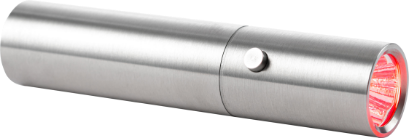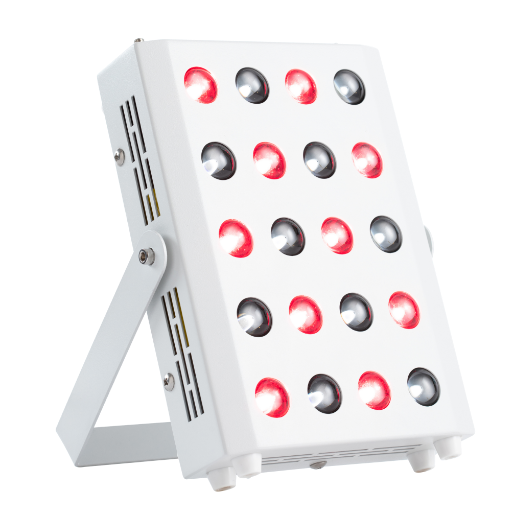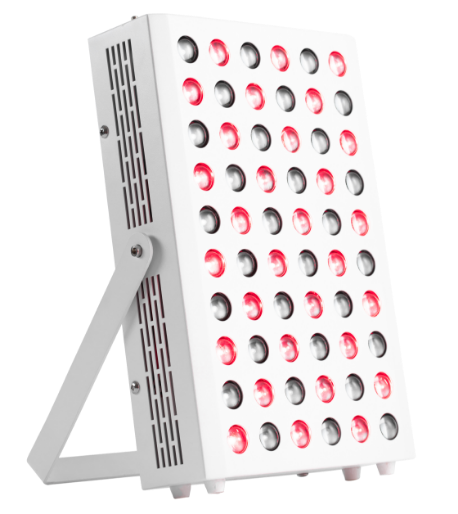It’s no secret that getting consistent sleep each night is just as important as doing regular exercise and maintaining a healthy diet. So much so, that there have been several studies to show the effects of poor sleep on many areas of the body, including hormone regulation, exercise performance and overall brain acuity. Not only that, but it can increase your chances of getting diseases and can promote weight gain in both children and adults.
So if you want to optimize your overall health and lifestyle, you should always start by looking at your sleep and evaluating the ways you can improve it. In this article, we will delve into some of the main evidence-based tips that can help you to achieve a good night’s sleep.
-
Introduce more light into your life
Your body has a natural time-keeping clock known as your circadian rhythm, which you can read more about on our website here. To summarise, it’s essential for your body’s processes as it directly impacts your brain, body and hormones, and helps you to stay awake and tell your body when it’s time to sleep.
Natural sunlight or bright light during the day helps keep your circadian rhythm healthy. This improves daytime energy, as well as nighttime sleep quality and duration. In people with insomnia, daytime bright light exposure improved sleep quality and duration. It also reduced the time it took to fall asleep by 83%.
A similar study in older adults found that 2 hours of bright light exposure during the day increased the amount of sleep by 2 hours and sleep efficiency by 80%.
While most research involves people with severe sleep issues, daily light exposure will most likely help you even if you experience average sleep. Try getting daily sunlight exposure or — if this is not practical — invest in an artificial bright light device or bulbs.
-
Reduce blue light exposure in the evening
Exposure to light during the day is beneficial, but nighttime light exposure has the opposite effect. Again, this is due to its effect on your circadian rhythm, tricking your brain into thinking it’s still daytime. This reduces hormones like melatonin, which help you relax and get deep sleep.
Blue light — which electronic devices like smartphones and computers emit in large amounts — is the worst in this regard.
There are several popular methods you can use to reduce nighttime blue light exposure. These include:
- Wear glasses that block blue light.
- Download an app such as f.lux to block blue light on your laptop or computer.
- Install an app that blocks blue light on your smartphone. These are available for both iPhones and Android models.
- Stop watching TV and turn off any bright lights 2 hours before heading to bed.
-
Be as consistent as possible
Your body’s circadian rhythm functions on a set loop, aligning itself with sunrise and sunset. Being consistent with your sleep and waking times can aid long-term sleep quality.
One study noted that participants who had irregular sleeping patterns and went to bed late on the weekends reported poor sleep. Other studies have highlighted that irregular sleep patterns can alter your circadian rhythm and levels of melatonin, which signal your brain to sleep.
If you struggle with sleep, try to get in the habit of waking up and going to bed at similar times. After several weeks, you may not even need an alarm.
-
Consider trying natural sleeping supplements
Several supplements can induce relaxation and help you sleep, including:
- Ginkgo biloba: A natural herb with many benefits, it may aid sleep, relaxation, and stress reduction, but the evidence is limited. Take 250 mg 30–60 minutes before bed.
- Glycine: A few studies show that taking 3 grams of the amino acid glycine can improve sleep quality.
- Valerian root: Several studies suggest that valerian can help you fall asleep and improve sleep quality. Take 500 mg before bed.
- Magnesium: Responsible for over 600 reactions within your body, magnesium can improve relaxation and enhance sleep quality.
- L-theanine: An amino acid, L-theanine can improve relaxation and sleep. Take 100–200 mg before bed.
- Lavender: A powerful herb with many health benefits, lavender can induce a calming and sedentary effect to improve sleep. Take 80–160 mg containing 25–46% linalool
Make sure to only try these supplements one at a time. While they’re not a magic bullet for sleep issues, they can be useful when combined with other natural sleeping strategies.
-
Relax and clear your mind in the evening
Many people have a pre-sleep routine that helps them relax. Relaxation techniques before bed have been shown to improve sleep quality and are another common technique used to treat insomnia.
In one study, a relaxing massage improved sleep quality in people who were ill. Strategies include listening to relaxing music, reading a book, taking a hot bath, meditating, deep breathing, and visualization.
Try out different methods and find what works best for you.
Ready to try Red Light Therapy out for yourself?
At iRed, we offer a range of affordable Red Light Therapy devices that do not compromise on quality. You can see our full range here, including 20-bulb and 60-bulb panels and a portable Red Light torch for more localized treatments.
Please do get in touch if you have any questions about Red Light Therapy or our products, we’d be more than happy to assist you!







